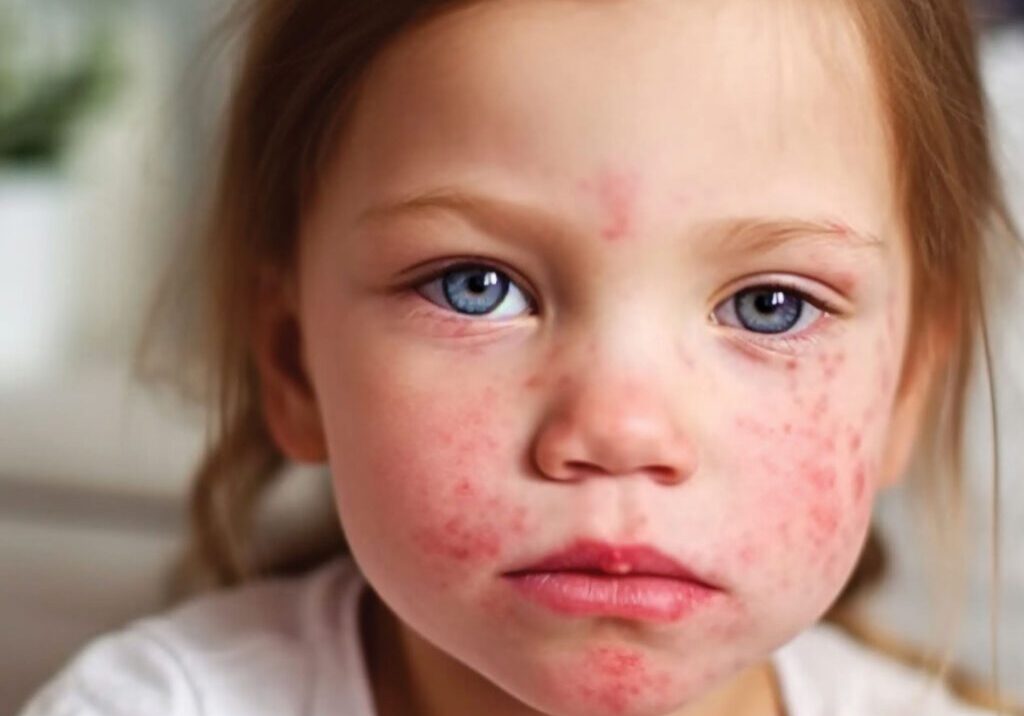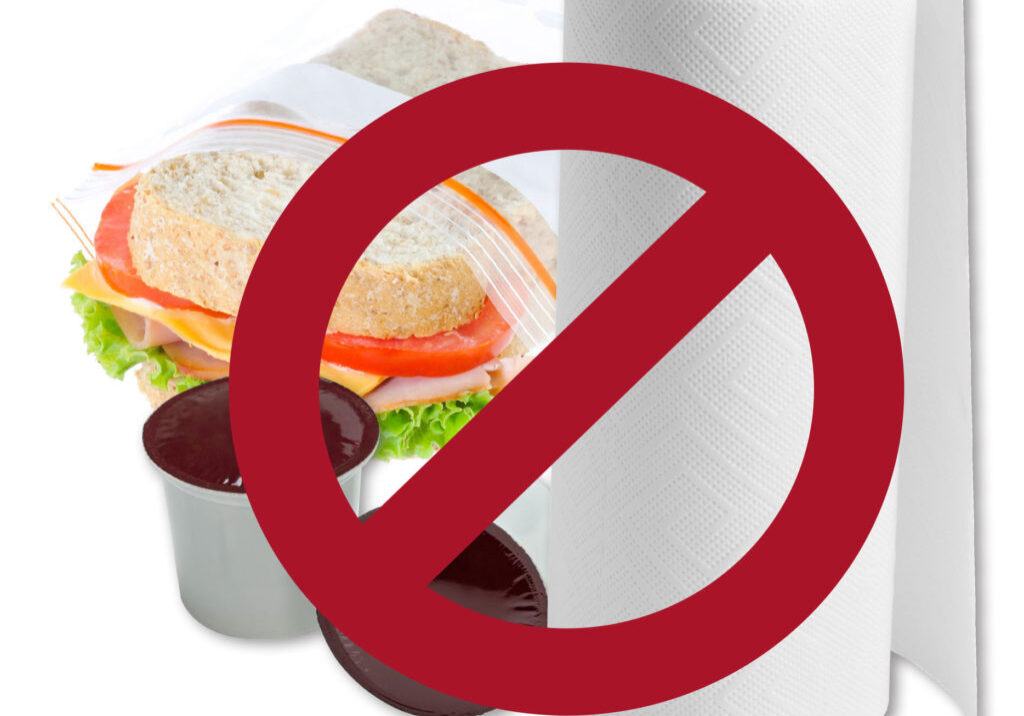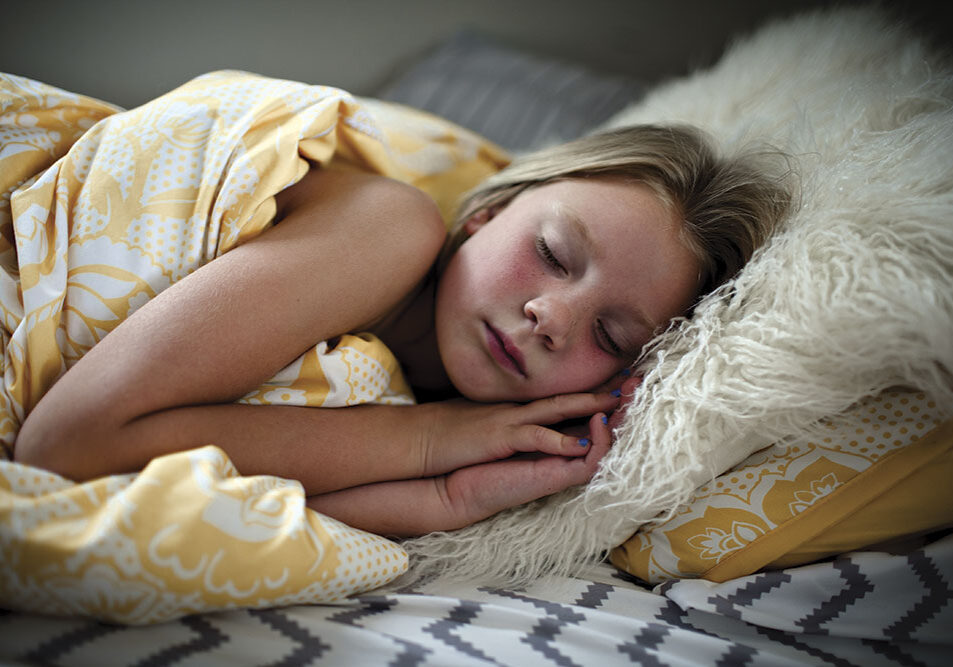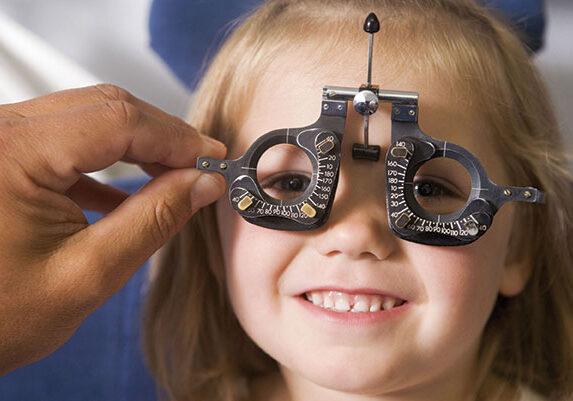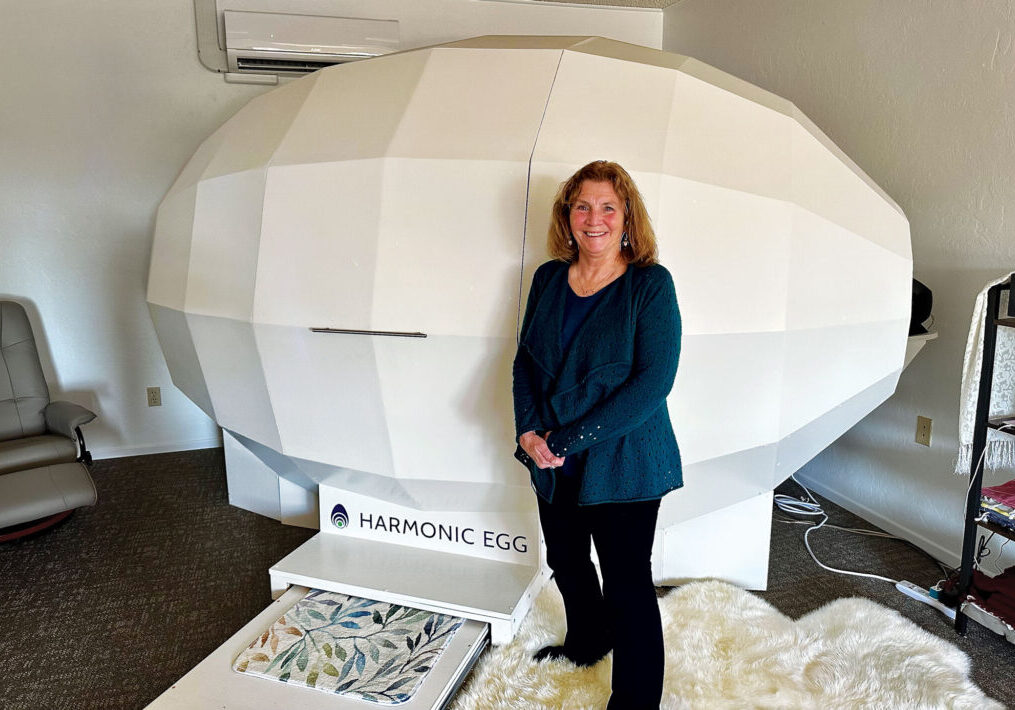According to the Campaign for Safe Cosmetics, a project of Breast Cancer Prevention Partners, “Most people assume cosmetics and personal care products are tested for safety before being stocked on store shelves. In truth, personal care and beauty products are one of the least regulated industries in the U.S.
“Current federal law regulating cosmetic safety hasn’t been updated in over 80 years. This leaves the Food and Drug Administration (FDA), the agency responsible for regulating cosmetics and personal care products, with virtually no power to perform even the most basic functions to ensure the safety of an estimated $84 billion cosmetic industry.”
But, in spite of this lack of regulation, many companies are finding that it’s a good business practice to give consumers a choice of non-toxic, effective products. To encourage companies towards making safer cosmetics,
MADE SAFE certifies that products are safe to use
The Campaign for Safe Cosmetics provides cosmetic and personal care products companies a way to certify that their products are safe and nontoxic. MADE SAFE (Made With Safe Ingredients) verifies that products are made with safe ingredients not known or suspected to harm human health, animals, or ecosystems. It’s the only nontoxic certification in the country that crosses consumer product categories. For the first time, people can easily find and buy products that are safe to use on their bodies, with their families, and in their homes. Visit MADE SAFE to find certified products.
In the meantime, you can do your part to get educated about choosing safe cosmetics and personal care products. Breast Cancer Prevention Partners recommends that everyone learn the basics:
- Read ingredient labels
Choose products with simpler ingredient lists and fewer synthetic chemicals, and use fewer products overall. It is perfectly legal for companies to use ingredients linked to cancer, endocrine disruption and reproductive harm in the cosmetics and personal care products we use every day. Check out these chemicals of concern to avoid ingredients linked to breast cancer and other serious health effects: http://www.bcpp.org/our-work/personal-care-products/science-summary/ - Don’t be fooled by natural and organic claims
These words have little meaning in the largely unregulated personal care products industry. Natural and organic doesn’t always mean safe (for example, lead) and not all synthetic ingredients are harmful. - Avoid fragrance
The word fragrance is a cocktail of ingredients and may include dozens or more potentially harmful chemicals, and can be found in nearly half of all personal care products. Avoid purchasing and using products with the word fragrance or parfum on the label. - Revamp your beauty routine
Revamp your old daily beauty routine and replace it with safer cosmetics and personal care products. If it’s too much to do all at once, switch over one product at a time. - Use online tools to know what’s in your products
Clearya, a free Chrome extension and mobile app, notifies you about unsafe ingredients in your personal care and cleaning products while you shop online at Amazon, Sephora, Walmart, iHerb and Love Letter. Know what’s inside your products with Clearya!. Apps like ThinkDirty and EWG’s Skin Deep database rate your personal care products for safety and toxicity. - Use products with the MADE SAFE® seal
MADE SAFE® is helping to make it easier to find safer products by labeling them with a special seal. Learn how they certify the safety of personal care and other consumer products, and where you can find them. - Choose safer hair and nail salons
Look for healthy nail and hair salons in your community that use safer products. If you can’t find a healthy nail salon in your community, bring your own nontoxic nail polish. - DIY
Some personal care products are easy to make yourself, and this can be a great project for a party. Make your own sugar or salt scrubs or body oils, using simple, organic ingredients.
Posted in: Health & Nutrition
Comment Policy: All viewpoints are welcome, but comments should remain relevant. Personal attacks, profanity, and aggressive behavior are not allowed. No spam, advertising, or promoting of products/services. Please, only use your real name and limit the amount of links submitted in your comment.


